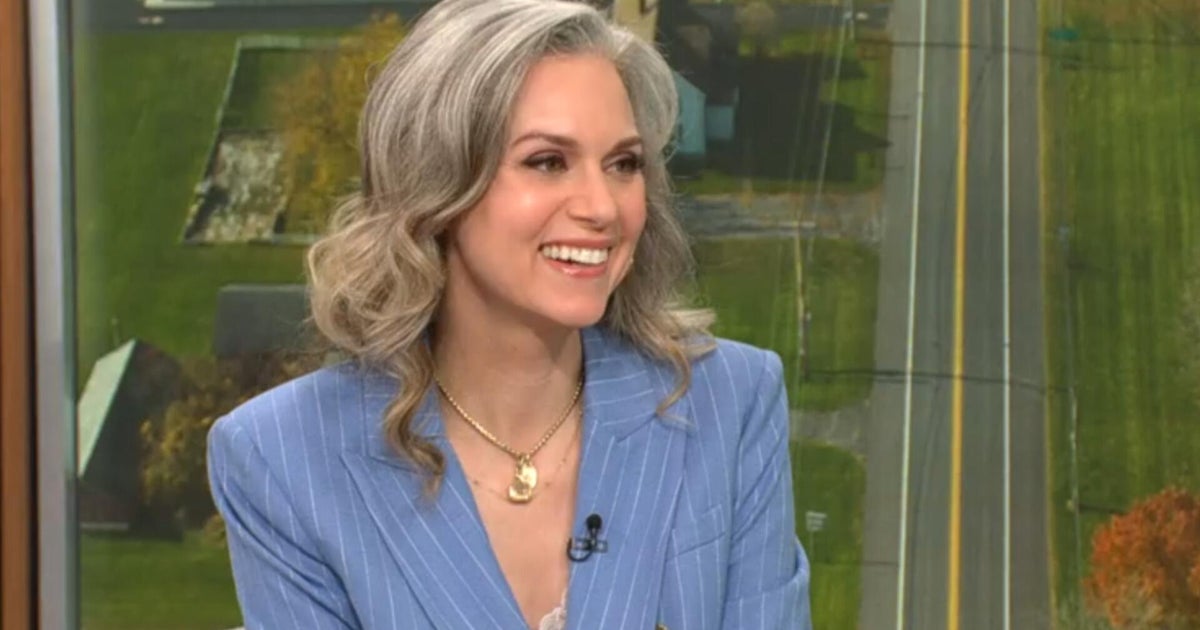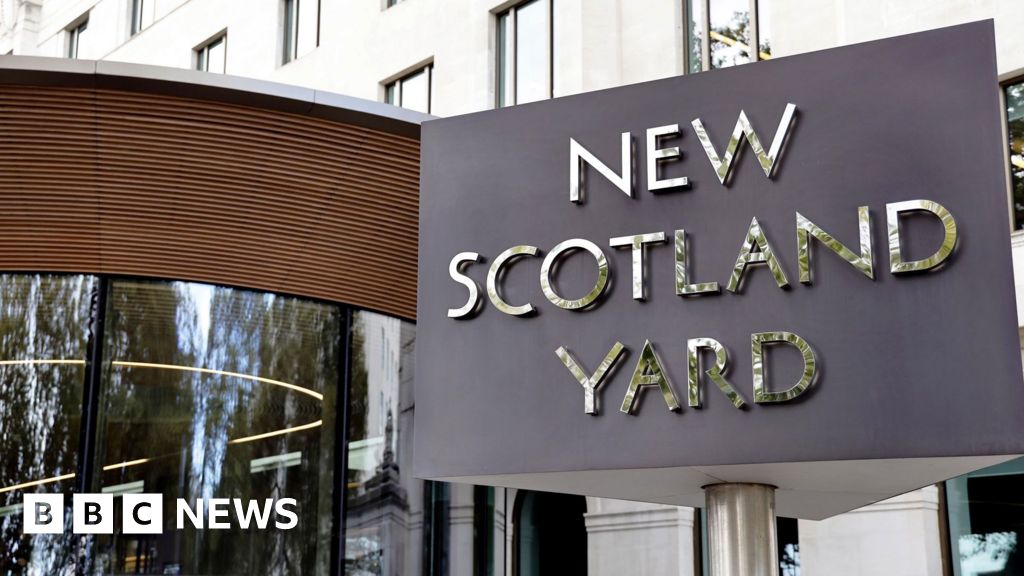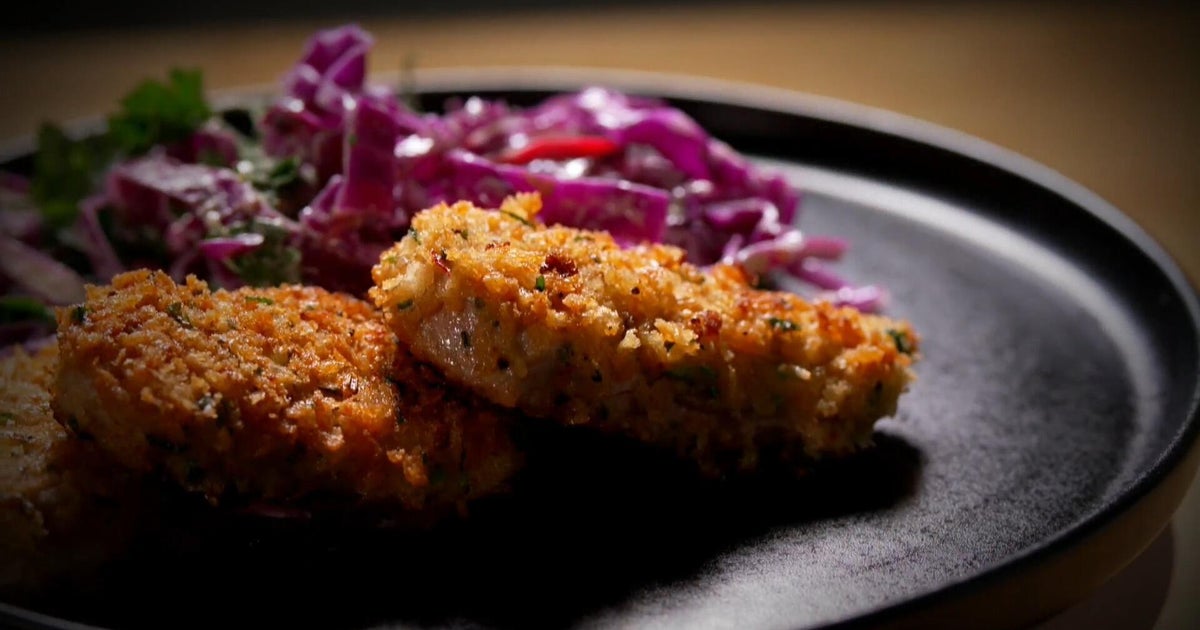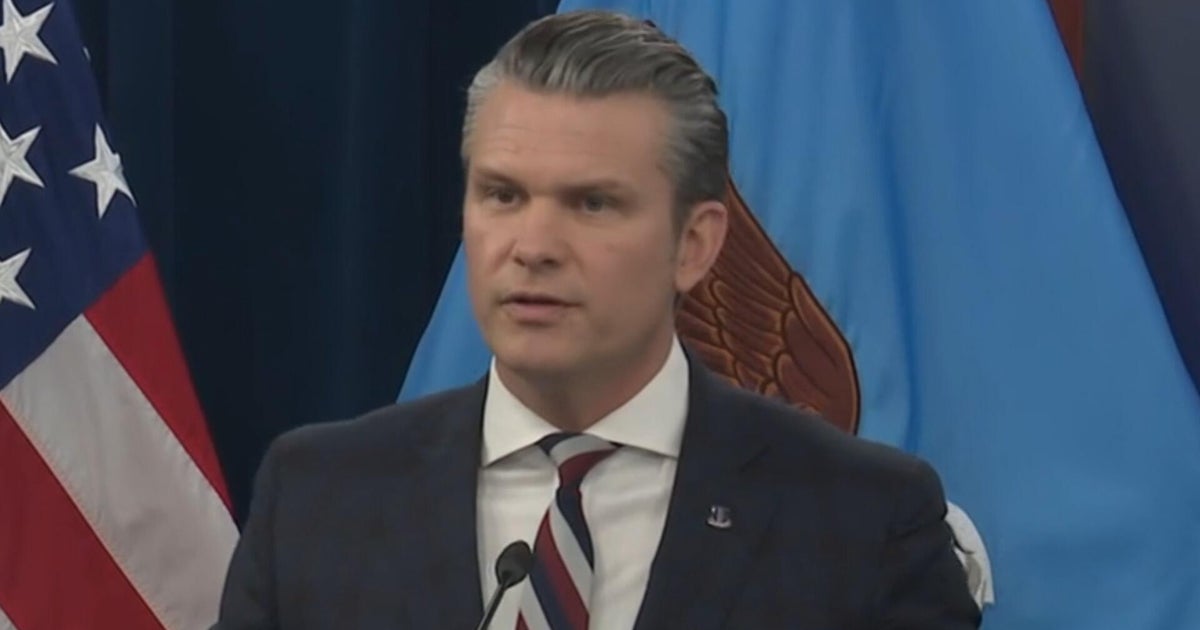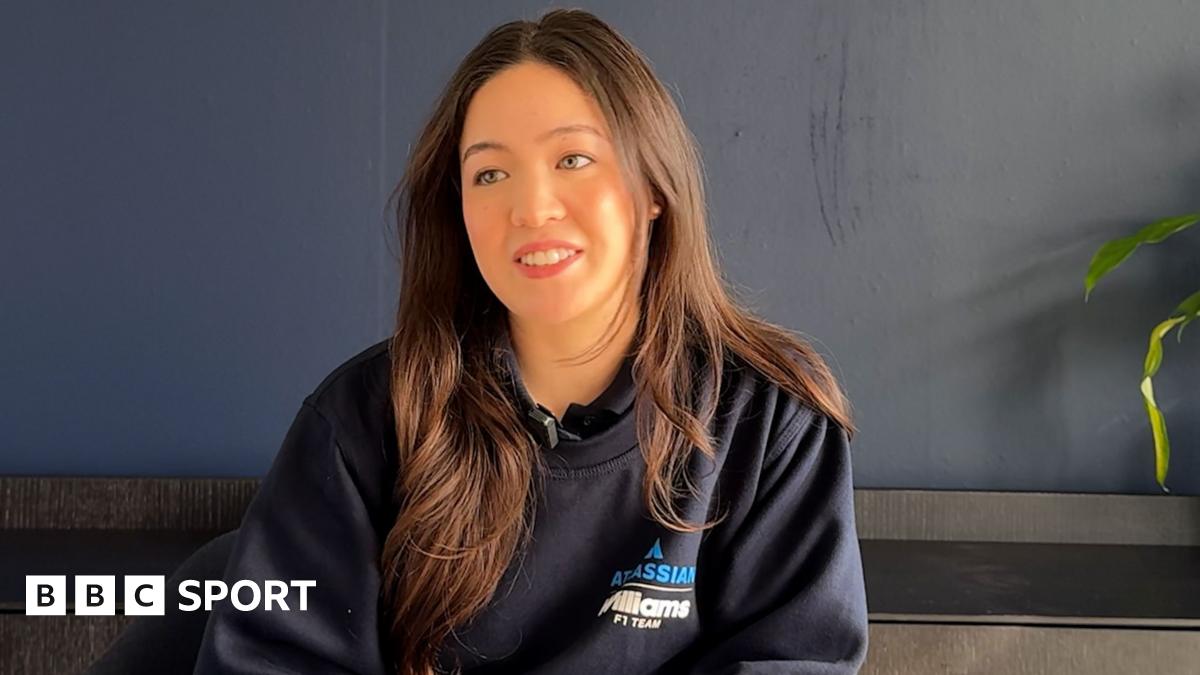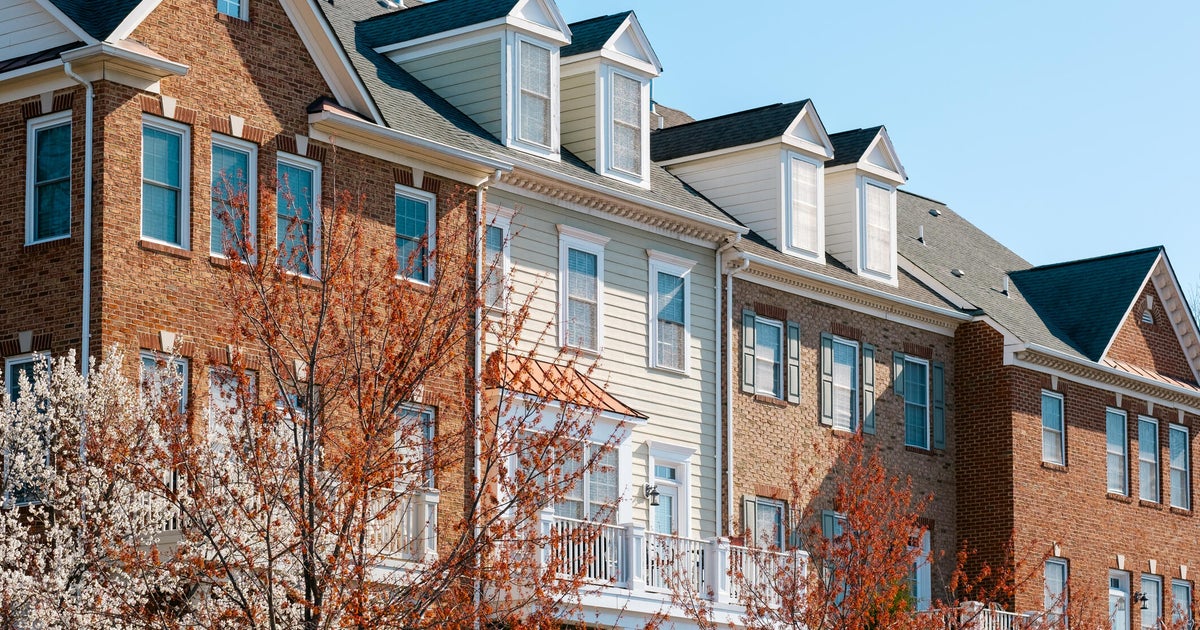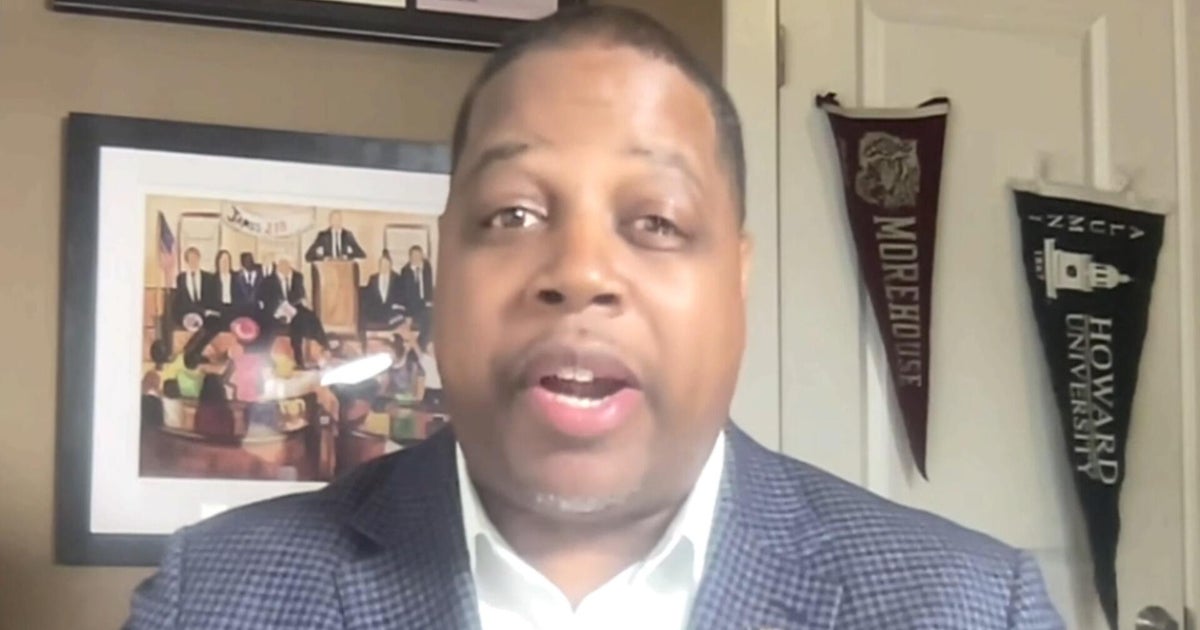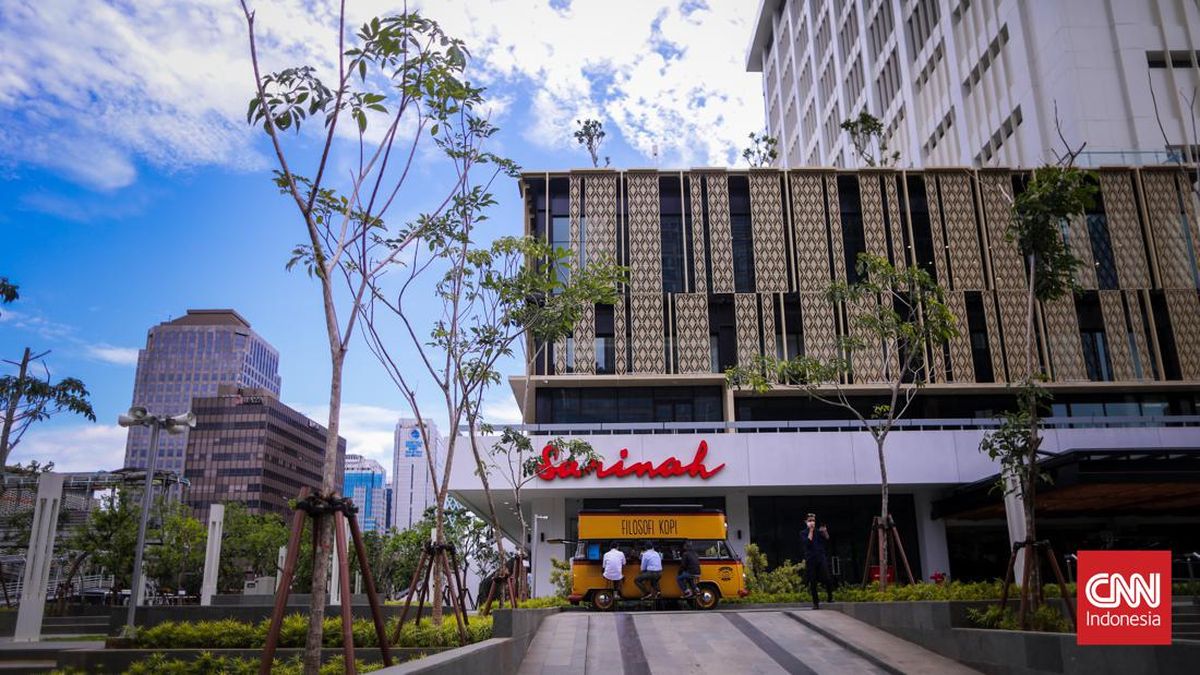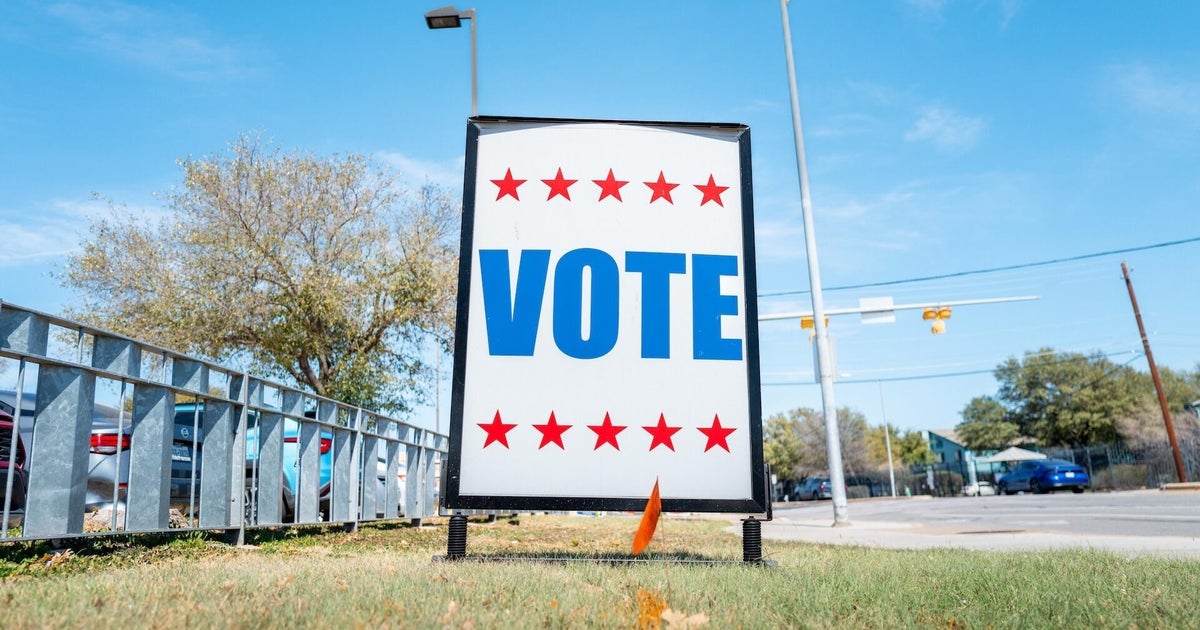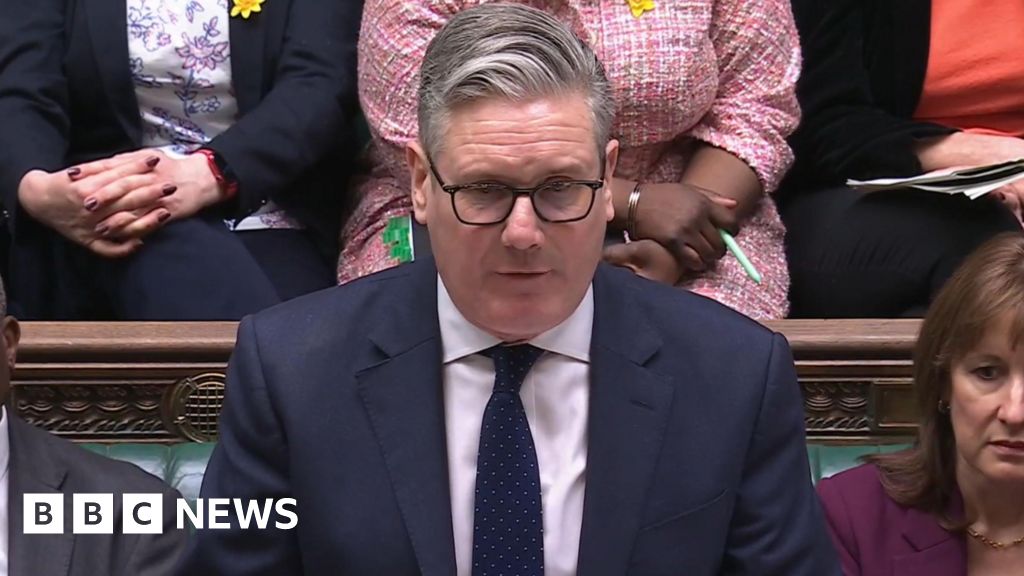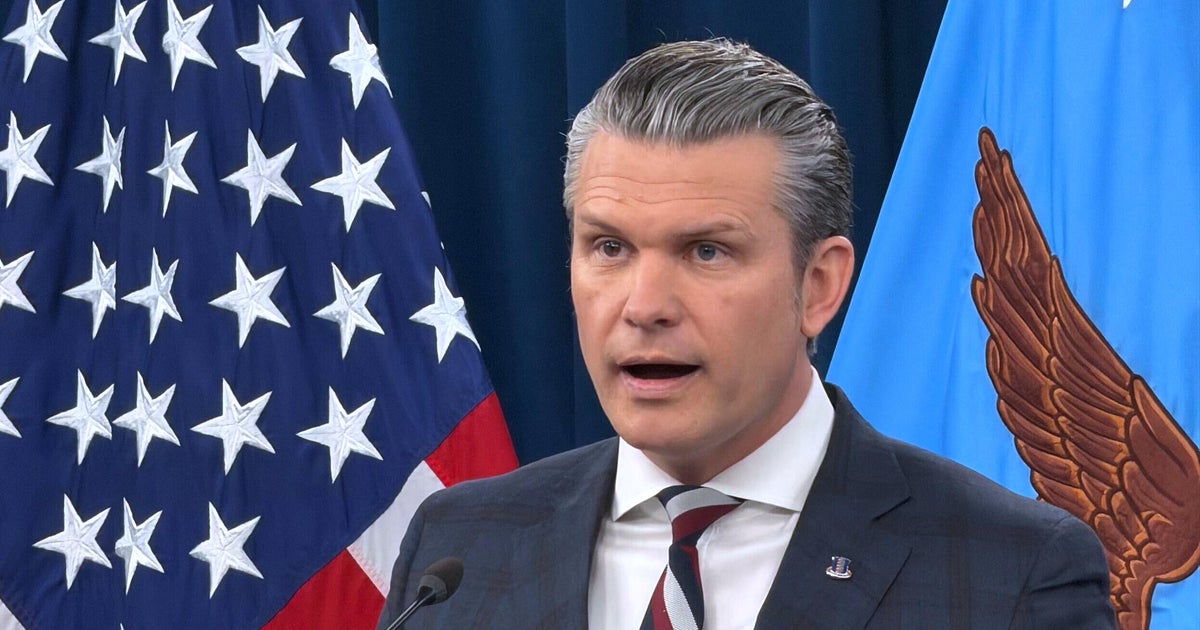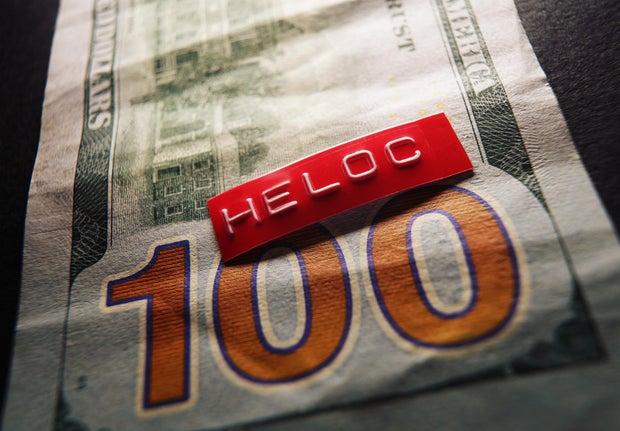 The costs associated with a $100,000 HELOC are diminishing now that the Fed is cutting interest rates.
zimmytws/Getty Images
The costs associated with a $100,000 HELOC are diminishing now that the Fed is cutting interest rates.
zimmytws/Getty Images
From 2022 through 2024, borrowing home equity via a home equity line of credit (HELOC) was largely something homeowners avoided. And it was especially troublesome for larger, six-figure amounts like $100,000. With a variable interest rate liable to change monthly based on market conditions and rising inflation causing interest rates to surge, this was a particularly risky way to borrow money. And it was made more problematic considering the funding source, as homeowners can have their home foreclosed on if they ultimately are unable to make repayments.
But what about the interest rate climate of fall 2025?
The Federal Reserve just issued two interest rate cuts over six weeks or so, and another reduction appears likely for the central bank's final meeting of 2025 in December. This makes variable-rate products more appealing again, and HELOCs, accordingly, now come with interest rates more than two percentage points lower than they were around a year ago. So, if you're a homeowner looking to leverage your equity now (and $100,000 is largely available thanks to an average equity amount over $300,000), a HELOC could make sense.
What will a $100,000 HELOC cost monthly, however, following the Fed's October interest rate cut? While it can be difficult to calculate with precision thanks to that variable rate, homeowners can gain an approximate idea of their costs now. Below, we'll do the math.
See how much home equity you'd be eligible to borrow here.
Here's what a $100,000 HELOC costs monthly following the Fed October interest rate cut
Determining the exact monthly costs of a HELOC can be difficult to do with accuracy, but borrowers can still gain an approximate idea of how much they'll pay. Here's what a $100,000 HELOC will cost monthly now, calculated against today's average rate, two traditional repayment periods and the assumption that the rate remains constant:
- 10-year HELOC at 7.90%: $1,208.00 per month
- 15-year HELOC at 7.90%: $949.89 per month
For context, here's what it cost in September:
- 10-year HELOC at 8.05%: $1,215.92 per month
- 15-year HELOC at 8.05%: $958.54 per month
And here's what it cost in January:
- 10-year HELOC at 8.26%: $1,227.06 per month
- 15-year HELOC at 8.26%: $970.72 per month
So, payments here are about $20 a month cheaper than they were at the start of the year, illustrating the affordability of this product in this size right now. And, if you had taken out a HELOC earlier in the year, you'd automatically benefit from these changes, as rates here adjust independently each month. That's a major advantage for borrowers now, especially compared to home equity loans, which will need to be refinanced to exploit a cooler rate climate.
See how low your current HELOC rate offers are here now.
How much does a $100,000 home equity loan cost per month now?
While a lower interest rate may be attractive for many borrowers, many others may prefer the security that a fixed-rate home equity loan offers instead. For context, here's how much a $100,000 home equity loan costs now, post-October Fed rate cut, calculated against average rates and repayment periods:
- 10-year home equity loan at 8.21%: $1,224.40 per month
- 15-year home equity loan at 8.10%: $961.43 per month
Homeowners will need to weigh the slightly higher costs of a home equity loan against the slightly lower but more volatile costs of a HELOC to determine which makes more sense for their financial situation. There is no uniform answer, but exploring both options closely can help determine next steps.
The bottom line
A $100,000 HELOC comes with approximate monthly payments between $950 and $1,208 now, making it cheaper than it was in September and significantly less expensive than it was at the start of 2025. But with rates here being variable and no guarantee that they'll continue to decline as they have, borrowers should take the time to calculate their repayment costs against a variety of different rate scenarios. And some borrowers may want to compare those against what's available with a fixed-rate home equity loan, too. By doing so, they can improve their chances of borrowing success both in today's cooling interest rate climate and over the long term.
Edited by Angelica Leicht




